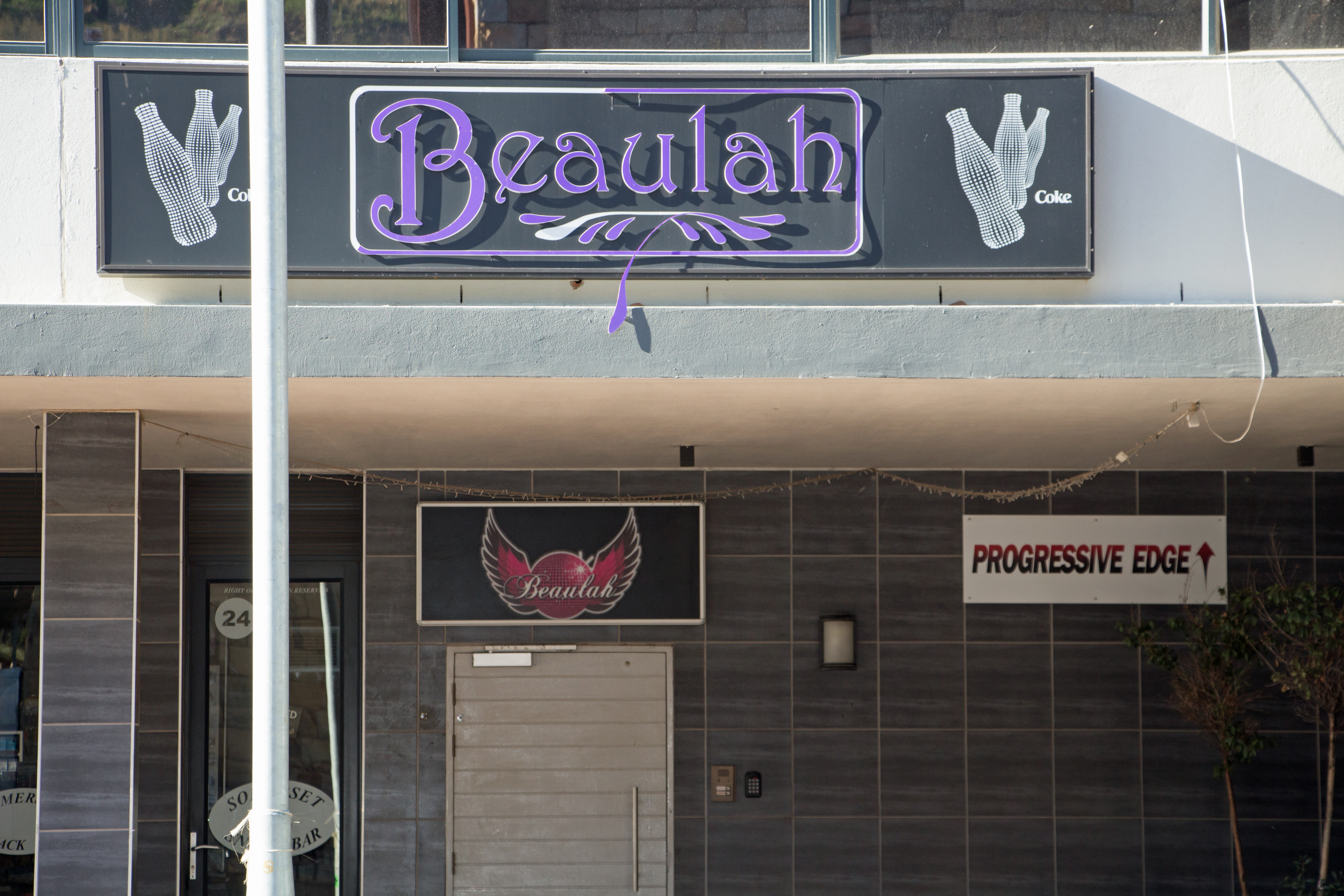Gayle Language on:
[Wikipedia]
[Google]
[Amazon]
 Gayle, or Gail, is an English- and
Gayle, or Gail, is an English- and
 Gayle, or Gail, is an English- and
Gayle, or Gail, is an English- and Afrikaans
Afrikaans (, ) is a West Germanic language that evolved in the Dutch Cape Colony from the Dutch vernacular of Holland proper (i.e., the Hollandic dialect) used by Dutch, French, and German settlers and their enslaved people. Afrikaans g ...
-based gay argot
A cant is the jargon or language of a group, often employed to exclude or mislead people outside the group.McArthur, T. (ed.) ''The Oxford Companion to the English Language'' (1992) Oxford University Press It may also be called a cryptolect, argot ...
or slang
Slang is vocabulary (words, phrases, and usage (language), linguistic usages) of an informal register, common in spoken conversation but avoided in formal writing. It also sometimes refers to the language generally exclusive to the members of p ...
used primarily by English and Afrikaans-speaking homosexual men
Gay men are male homosexuals. Some bisexual and homoromantic men may also dually identify as gay, and a number of young gay men also identify as queer. Historically, gay men have been referred to by a number of different terms, including ...
in urban communities of South Africa
South Africa, officially the Republic of South Africa (RSA), is the southernmost country in Africa. It is bounded to the south by of coastline that stretch along the South Atlantic and Indian Oceans; to the north by the neighbouring count ...
, and is similar in some respects to Polari
Polari () is a form of slang or cant used in Britain and Ireland by some actors, circus and fairground showmen, professional wrestlers, merchant navy sailors, criminals, sex workers and the gay subculture. There is some debate about its origi ...
in the United Kingdom
The United Kingdom of Great Britain and Northern Ireland, commonly known as the United Kingdom (UK) or Britain, is a country in Europe, off the north-western coast of the European mainland, continental mainland. It comprises England, Scotlan ...
, from which some lexical items have been borrowed. The equivalent language used by gay South African men who speak Bantu languages
The Bantu languages (English: , Proto-Bantu: *bantʊ̀) are a large family of languages spoken by the Bantu people of Central, Southern, Eastern africa and Southeast Africa. They form the largest branch of the Southern Bantoid languages.
T ...
is called '' IsiNgqumo'', and is based on a Nguni lexicon.
Gayle originally manifested as ''moffietaal'' (Afrikaans: literally, "homosexual language") in the drag
Drag or The Drag may refer to:
Places
* Drag, Norway, a village in Tysfjord municipality, Nordland, Norway
* ''Drág'', the Hungarian name for Dragu Commune in Sălaj County, Romania
* Drag (Austin, Texas), the portion of Guadalupe Street adj ...
culture of the Cape Coloured community in the 1950s. It permeated into white homosexual circles in the 1960s and became part of mainstream white gay culture.
Besides a few core words borrowed from Polari (such as the word ''varda'' meaning "to see", itself a borrowing from Lingua Franca), most of Gayle's words are alliterative formations using women's names, such as '' Beulah'' for "beauty", '' Priscilla'', meaning "police", and ''Hilda
Hilda is one of several female given names derived from the name ''Hild'', formed from Old Norse , meaning 'battle'. Hild, a Nordic-German Bellona, was a Valkyrie who conveyed fallen warriors to Valhalla. Warfare was often called Hild's Game ...
'' for "hideous". Men, especially other homosexual men, are often referred to by female pronouns in some circles, as is the custom among many homosexual countercultures throughout the world.
Gayle arose for the same reason that most antilanguages develop, to ensure in-group preference in diverse societies. However it also fulfilled other functions such as to " camp up" conversation, and provide entertainment in a subculture where verbal wit and repartee are highly valued.
Commonly used terms
''Varda that Beulah bag!'' translates to "Look at that beautiful man!"See also
* Lavender linguisticsReferences
{{LGBT in South Africa LGBT culture in South Africa LGBT slang English-based argots LGBT linguistics Cant languages